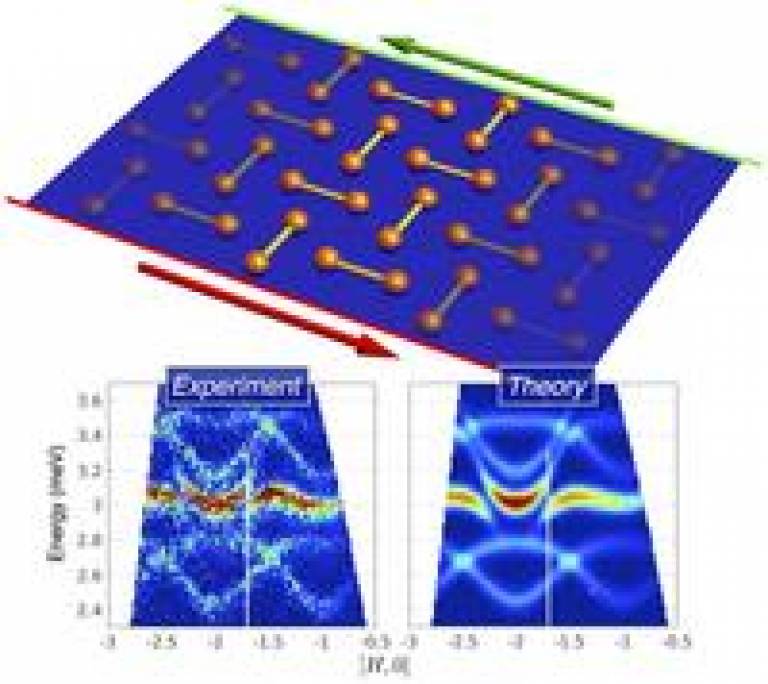[News] Prof Angelos Michaelides awarded one of the Royal Society of Chemistry's top prizes
9 May 2016
Professor Michaelides has been awarded the RSC's Corday-Morgan Prize for the most meritorious contributions to chemistry.
 In particular, the
prize acknowledges his work on the development of computational methods
and applications that have significantly advanced understanding of
several important chemical systems.
In particular, the
prize acknowledges his work on the development of computational methods
and applications that have significantly advanced understanding of
several important chemical systems.Professor Michaelides' work crosses both chemistry and physics by using computer simulations to better understand the elementary processes occurring at interfaces. Amongst other things, his group is currently researching a fundamental, molecular-level description of water at interfaces and how ice forms, which will have broad implications from an improved understanding of the climate to better tasting ice cream.
"I am very honoured to have won the RSC's Corday-Morgan Prize and I feel that this award acknowledges the hard work and dedication of the many excellent students, post-docs and collaborators our research team has had over the last few years," said Professor Michaelides.
Dr Robert Parker, chief executive of the Royal Society of Chemistry said: "It is an honour to recognise the illustrious achievements of our prize and award winners in our 175th anniversary year.
"We were founded in 1841 by a group of academics, industrialists and doctors who understood the power of the chemical sciences to change our world for the better. Our winners share that vision and are advancing excellence in their fields, whether through innovative research or inspirational teaching and outreach.
"We are proud to celebrate and support the work of inspiring and influential individuals, whose work has the potential to improve so many lives."
Prize winners are evaluated for the originality and impact of their research, as well as the quality of the results which can be shown in publications, patents, or even software. The awards also recognise the importance of teamwork across the chemical sciences, and the abilities of individuals to develop successful collaborations.
Professor Angelos Michaelides' academic profile
 Close
Close

